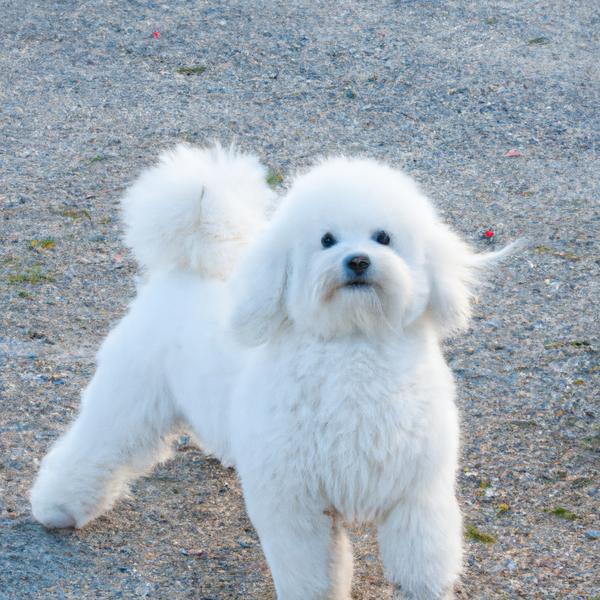Italian-Bichon vs. English Foxhound: Breed Differences and Similarities
Hypoallergenic
Are Italian-Bichons or English Foxhounds hypoallergenic, or neither?
While no dogs are truly 100% hypoallergenic, Italian-Bichons are about as close as it gets, making them an ideal pet if you are an allergy sufferer.
Unfortunately, the English Foxhound is not hypoallergenic, making it not a good choice for a dog lover who suffers from pet allergies.
Temperament
What are the personalities of Italian-Bichon and English Foxhound dogs?
Playful
Agile
Sensitive
Intelligent
Affectionate
Gentle
Companionable
Cheerful
Athletic
Mischievous
Active
Friendly
Sociable
Companionable
Gentle
Tolerant
Shedding Level
Do Italian-Bichons shed more than English Foxhounds, or which breed sheds more, Italian-Bichons or English Foxhounds?
Italian-Bichons are low shedding dogs, requiring minimal coat care.
English Foxhounds are moderate shedders, but regular brushing can reduce shedding and maintain coat health.
Watchdog Ability
Which dog breed makes a better watchdog, the Italian-Bichon or English Foxhound?
Avoid Italian-Bichons as watchdogs - they're not effective.
English Foxhounds aren't great guard dogs; they tend to just watch without taking action.
Ancestry
What are the origins of Italian-Bichon and English Foxhound breeds?
Bichon Frise and Italian Greyhound
hound, fox terrier, bulldog, greyhound
Breed recognition
Which kennel clubs recognize/register Italian-Bichon and English Foxhound?
ACHC = American Canine Hybrid Club
DBR = Designer Breed Registry
DDKC = Designer Dogs Kennel Club
DRA = Dog Registry of America, Inc.
American Canine Registry
American Kennel Club
America's Pet Registry
Canadian Kennel Club
Dog Registry of America Inc.
Federation Cynologique Internationale
North American Purebred Registry, Inc.
American Canine Association, Inc.
Continental Kennel Club
National Kennel Club
New Zealand Kennel Club
Date of Birth
When were Italian-Bichon and English Foxhound breeds first developed?
2000's
1700s
Eye Color Possibilites
What are the eye colors of Italian-Bichon and English Foxhound dogs?
Brown
Hazel
Brown
Nose Color Possibilites
What are the natural nose colors of Italian-Bichon and English Foxhound?
Black
Black
Coat Color Possibilites
What are the natural colors of the coat for Italian-Bichon and English Foxhound breeds?
Cream
Fawn
Sable
White
Black
White
Brown
Pied
Coat Length
What is the typical coat length for Italian-Bichon and English Foxhound breeds?
Italian-Bichons have short coats.
English Foxhounds have coats that can be either short or medium in length.
Coat Density
What is the density of the coat of Italian-Bichon and English Foxhound?
Coat Texture
What is the hair texture of Italian-Bichon and English Foxhound?
Straight
Wiry
Litter Size
What is the usual litter size for Italian-Bichon and English Foxhound?
An Italian-Bichon can have a litter of 2-5 puppies on average. However, it's worth noting that the size of the litters can vary greatly. Factors that can influence litter size include the health of the mother, breeding history, and genetics.
An English Foxhound can have a litter of 10-13 puppies on average. However, it's worth noting that the size of the litters can vary greatly. Factors that can influence litter size include the health of the mother, breeding history, and genetics.
Adaptability
Italian-Bichons are highly adaptable and versatile, making them excellent companions for families and individuals of all lifestyles.
English Foxhounds are known for their adaptability and can adjust well to different environments and lifestyle changes.
Health Issues
Between Italian-Bichon and English Foxhound, which breed is more prone to health problems?
While the Italian-Bichon breed is generally healthy, occasional vet check-ups are still necessary to address any health concerns.
The English Foxhound is prone to health issues and requires regular check-ups with a vet to identify and treat any problems early.
Major Concerns
What are the major health concerns for Italian-Bichon and English Foxhound breeds?
Urolithiasis
Patent Ductus Arteriosus
Epilepsy
Spinal Disorder
Minor Concerns
What minor health issues should be kept in mind when owning Italian-Bichon and English Foxhound?
Cataracts
Shaker Dog Syndrome
Deafness
Hip Dysplasia
Occasional Tests
What occasional tests are recommended for Italian-Bichon and English Foxhound breeds?
Urinalysis
Blood Count
Ophthalmologic Examination
Blood Chemistry
Hearing
Blood Test
X-Rays
Physical Examination
Energy
How do the energy levels of Italian-Bichons and English Foxhounds compare?
Italian-Bichons are suitable for those with a balanced lifestyle as they have an average energy level.
English Foxhounds thrive on an active lifestyle due to their high-energy nature.
Social Needs
Italian-Bichon vs English Foxhound social needs comparison
Italian-Bichon and English Foxhound have above average social needs compared to other breeds. They thrive in environments where they have a lot of interaction with humans and other dogs.
Exercise Needed
Italian-Bichon vs English Foxhound exercise need comparison.
Italian-Bichons need moderate physical activity and are great for families and active individuals.
English Foxhounds need high physical activity and are ideal for active individuals, but not suitable for sedentary lifestyles or small apartments.
Sleeping Need
Which of the two sleeps the most/least: Italian-Bichon or English Foxhound?
Italian-Bichons have moderate energy levels and typical sleep patterns of 12-14 hours per day.
English Foxhounds are active and require sufficient sleep to stay healthy.
Tendency to Bark
Do Italian-Bichons or English Foxhounds bark more/less frequently?
Italian-Bichons bark moderately when necessary and may also bark due to certain triggers like fear, alarm, boredom, greeting, separation anxiety and compulsive barking.
English Foxhound dogs bark and howl frequently and are not recommended for quiet homes.
Mouthiness
Mouthiness Comparison: Italian-Bichon vs English Foxhound?
Roaming urge
Italian-Bichon vs Labrador: Running away tendency?
Prey Drive
Italian-Bichon or English Foxhound - which breed has a higher level of prey drive?
Activity Level
Which breed has higher energy, Italian-Bichons or English Foxhounds?
Both Italian-Bichon and English Foxhound are medium-energy dogs that enjoy socializing and playing with other dogs. They may engage in casual or sustained games of chase, and occasionally have bursts of barking or racing around the house.
Tolerance of being left alone
Walks per Week
How many miles should Italian-Bichon or English Foxhound walk each week?
There's really no limit to how far you walk your dog as long as they're comfortable. For Italian-Bichon, it's at least 9 miles / week. Just remember to build distance and stamina gradually over time.
There's really no limit to how far you walk your dog as long as they're comfortable. For English Foxhound, it's at least 10 miles / week. Just remember to build distance and stamina gradually over time.
Activity per Day
Do Italian-Bichons or English Foxhounds require more exercise?
In general most Italian-Bichons usually need at least 45 minutes of exercise daily. This can be spread across the day and include all sorts of high-energy activities, like walking, running and playing.
In general most English Foxhounds usually need at least 60 minutes of exercise daily. This can be spread across the day and include all sorts of high-energy activities, like walking, running and playing.
Grooming
Which breed is easier to maintain in terms of grooming, Italian-Bichons or English Foxhounds?
The Italian-Bichon requires an average amount of grooming compared to other breeds.
The English Foxhound is a low-maintenance breed that doesn't require much grooming.
Brushing Frequency
What is the recommended brushing frequency for Italian-Bichon and English Foxhound dogs?
Italian-Bichon and English Foxhound should be brushed at least once a week. Of course, you can give them more frequent brushes if you find that they are still shedding a lot.
Brushing Tools
What brushing tools are used for Italian-Bichons and English Foxhounds?
Slicker Brush
Scissors
Nail Clipper
Slicker Brush
Nail Clipper
Cups
How much food should be given to Italian-Bichon or English Foxhound in cups?
For an average 12-18 pound (5 - 8 kg) Italian-Bichon feed 1 cups daily. But, keep in mind, the amount you feed is going to be dependent on the quality of the food you are feeding.
For an average 55-75 pound (25 - 34 kg) English Foxhound feed 3 cups daily. But, keep in mind, the amount you feed is going to be dependent on the quality of the food you are feeding.
Daily Cost
Which breed has a higher daily cost, Italian-Bichon or English Foxhound?
The average cost of an Italian-Bichon is somewhere $1.30 - $1.40 per day.
The average cost of an English Foxhound is somewhere $1.70 - $2.00 per day.
Monthly Cost
Which breed has a higher monthly cost, Italian-Bichon or English Foxhound?
The average per month expenses of an Italian-Bichon is between $35 - $42. This makes an average of $420 - $504 per year. It will be on the higher side when the dog is still small because it will need more frequent visits to the vet, shots.
The average per month expenses of an English Foxhound is between $48 - $63. This makes an average of $576 - $756 per year. It will be on the higher side when the dog is still small because it will need more frequent visits to the vet, shots.
Intelligence
Comparing Intelligence: Italian-Bichons vs English Foxhounds
Italian-Bichon and English Foxhound have average obedience intelligence, but they're also independent thinkers. This breed is known for having an exceptionally high IQ, which means they may get into trouble if left to their own devices.
Sensitivity Level
How do Italian-Bichon and English Foxhound compare in sensitivity?
This breed is sensitive to its environment and best suited for patient and understanding families with a consistent routine.
English Foxhounds have average emotions and adapt well to different situations.
Affection Dependance
Which is the more affectionate dog breed: Italian-Bichon vs English Foxhound?
Apartment Friendly
Which breed is more apartment-friendly: Italian-Bichon or English Foxhound?
The Italian-Bichon is a great apartment dog, thriving with sufficient exercise and time outside as part of their daily routine.
The English Foxhound is not suitable for apartments and requires a large yard to thrive. Pent-up energy in small spaces can lead to destructive behavior.
Child Friendly
Do Italian-Bichons or English Foxhounds have a friendlier temperament towards children?
Italian-Bichons have an average level of friendliness towards children.
English Foxhounds make excellent family pets for kids due to their gentle, protective nature and calm temperament.
Senior-friendly
Which dog is more suitable as a pet for the elderly - Italian-Bichon or English Foxhound?
Cat Friendly
Do Italian-Bichon or English Foxhound breeds have a better compatibility with cats?
Italian-Bichons are good with cats, but early training is needed to prevent chasing behavior.
English Foxhounds are somewhat cat friendly and can be trained to get along with cats.
Dog Friendly
Which breed is more sociable with other dogs: Italian-Bichon or English Foxhound?
Italian-Bichons are friendly and active companions, and can be good family pets, though their friendliness towards other dogs may vary.
English Foxhounds are generally very friendly towards other dogs, with a happy and affectionate temperament.
Pet friendly
How do Italian-Bichon or English Foxhound dogs interact with other pets?
Stranger Friendly
Which breed is more friendly with strangers: Italian-Bichon or English Foxhound?
Italian-Bichons are friendly but may bark at strangers, and training is easy due to their intelligence.
English Foxhounds are averagely friendly around strangers but benefit from early socialisation.
Playfulness
Which breed is more playful between Italian-Bichon and English Foxhound?
Italian-Bichons are a playful breed that needs daily playtime to be happy.
English Foxhounds have an average level of playfulness, enjoying playtime like most dogs but not excessively so.
Trainability
How do the trainability levels of Italian-Bichons and English Foxhounds compare?
Italian-Bichons are usually easy to train but require consistency to fully obey commands.
English Foxhounds are popular for their ease of training and quick learning ability.
Compare Italian-Bichon with other breeds

Malanees
Italian-Bichon vs Malanees
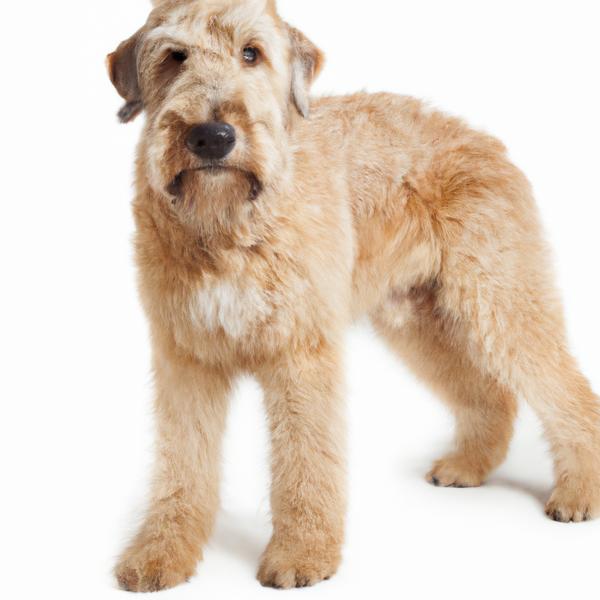
Soft-Coated Wheaten Terrier
Italian-Bichon vs Soft-Coated Wheaten Terrier
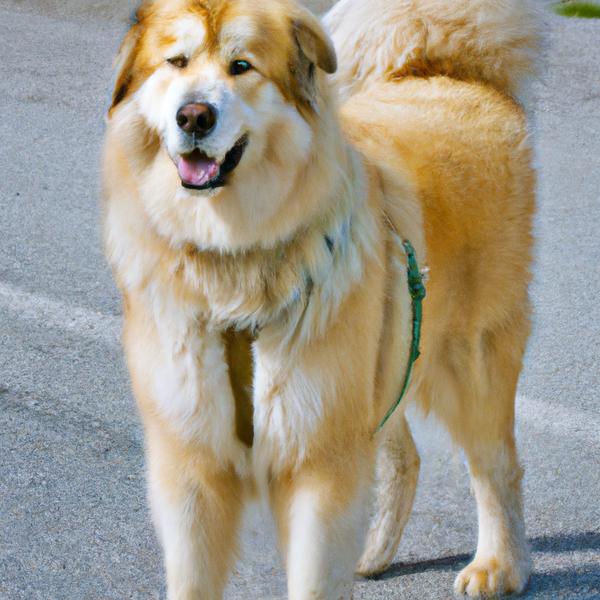
Alaskan Goldenmute
Italian-Bichon vs Alaskan Goldenmute
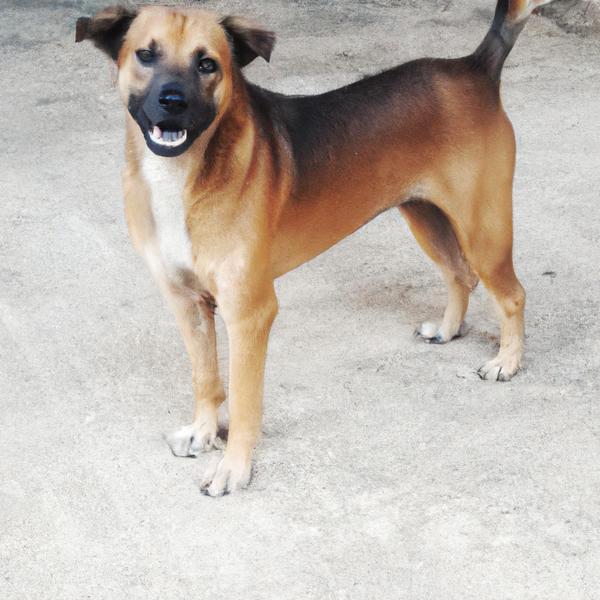
Bassugg
Italian-Bichon vs Bassugg
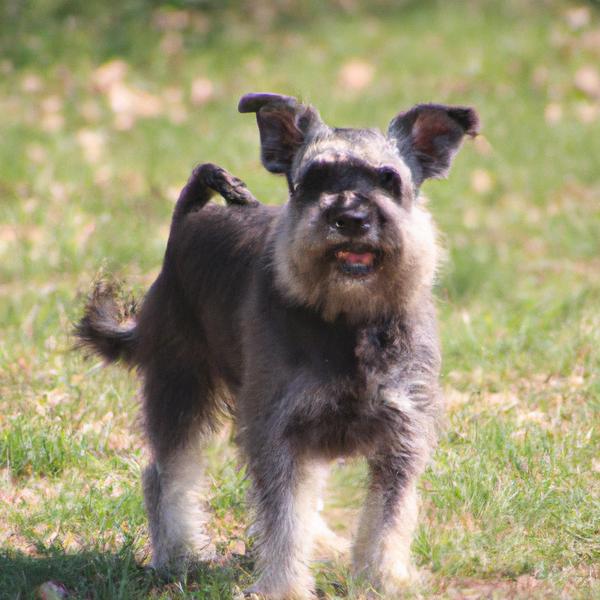
Schnug
Italian-Bichon vs Schnug
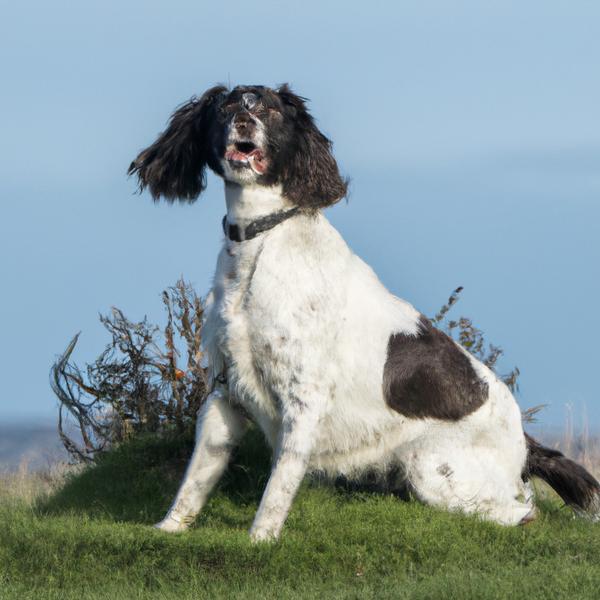
Sprollie
Italian-Bichon vs Sprollie
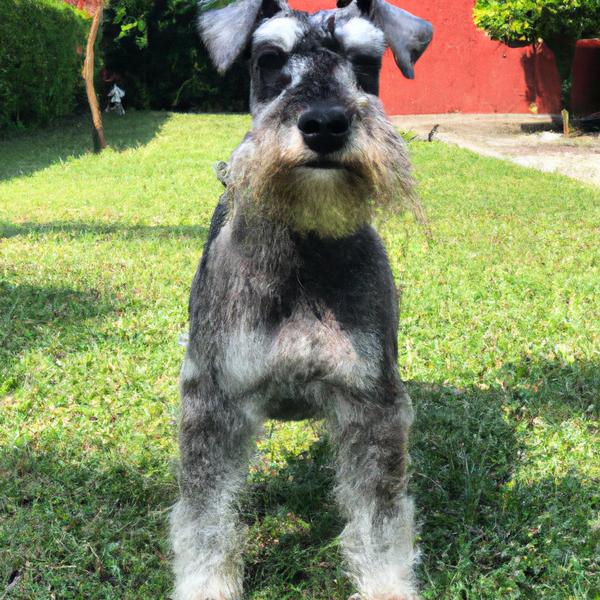
Crested Schnauzer
Italian-Bichon vs Crested Schnauzer
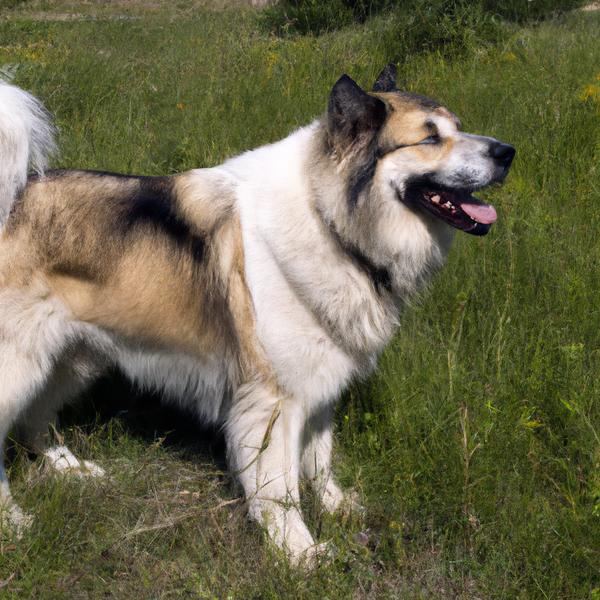
Alaskan Shepherd
Italian-Bichon vs Alaskan Shepherd
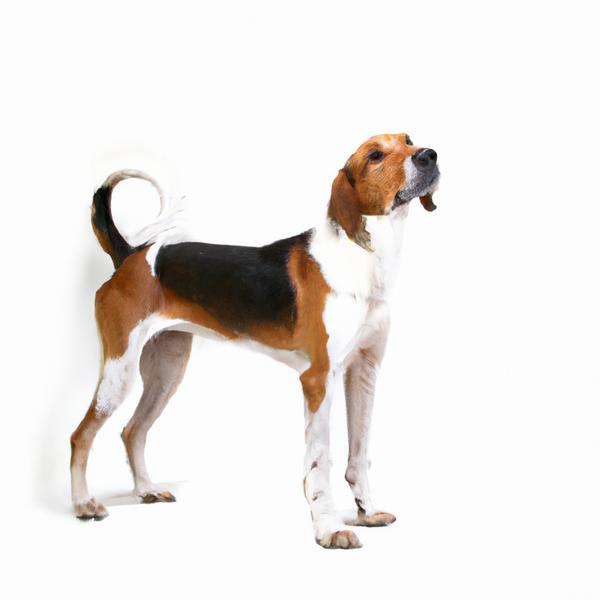
English Foxhound
Italian-Bichon vs English Foxhound
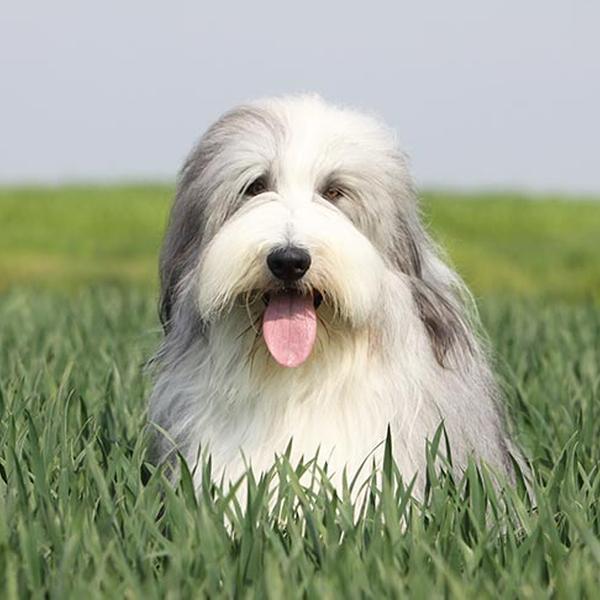
Bearded Collie
Italian-Bichon vs Bearded Collie
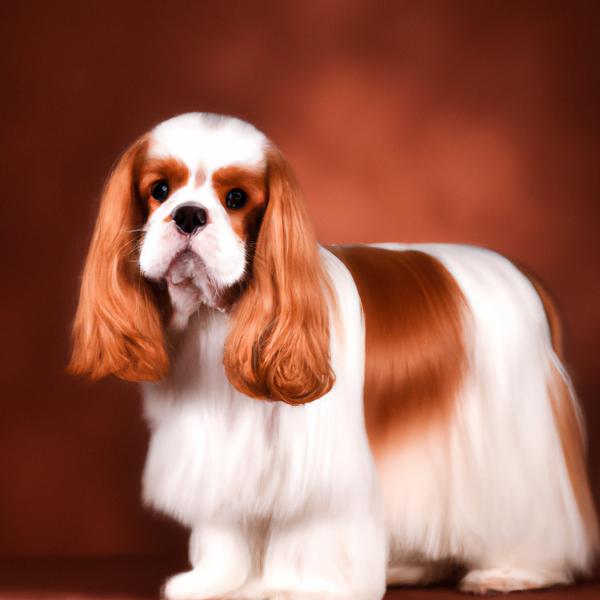
Cav-A-Malt
Italian-Bichon vs Cav-A-Malt
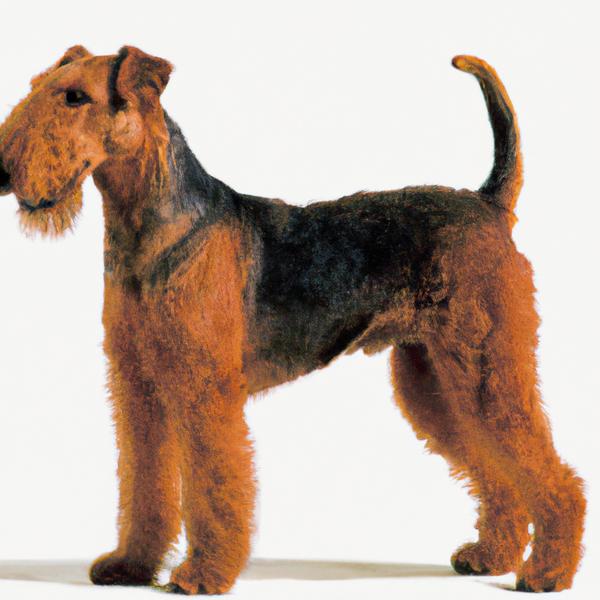
Airedale Terrier
Italian-Bichon vs Airedale Terrier
